Excellence at the Intersection of Science and Life WISH Award Winners
Women in Science and Health (WISH) has established an award to recognize students and postdoctoral fellows who are pursuing degrees and/or careers in STEM fields, achieving excellence in their field and exemplifying work-life balance.
This short-essay competition is open to UAlbany undergraduate students, graduate students and postdoctoral fellows of any gender in STEM fields, with awards of $100.
Applications are not currently being accepted.
2025 Award Winners
Undergraduate Student

Garvita Goyal, Computer Science: Bridging Code and Creativity: A Journey of Balance and Growth
Graduate Students
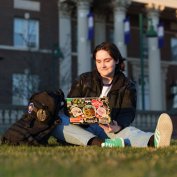
Vi Belt, Criminal Justice: Kicking My Way to a Master's Degree
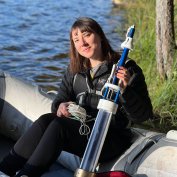
Sky Hooler, Atmospheric & Environmental Sciences: Navigating Chronic Illness while Striving for Balance in STEM
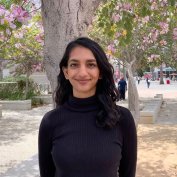
Srishti Katuri, Psychology: Why I Have Not Achieved Excellence at the Intersection of Science and Life (Yet)
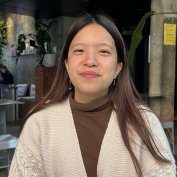
Charlotte Parque, Psychology: On the Path Towards Finding Balance
Postdoctoral Fellow
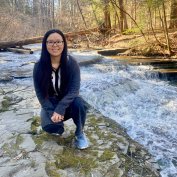
Yikun Zhu, Chemistry: Achieving Work-Life Balance as a STEM Researcher
2023 Award Winners
Undergraduate Student
- Kelly Nagel (Physics): My Reward
Graduate Students
- Laura Ellen Jones (Data Science): Finding My Way To A Second Half
- Kayla Simanek (BMS): The Intersection of Science and Ceramics
- Archana Tripathy (DAES): Where Science Meets Lives
- Siqian Zhao (Computer Science): Achieving School/Work-Life Balance: Planning, Rest, and Communication
2022 Award Winners
Undergraduate Students
- Laney Fielding - Humanity at the Intersection
- Skyla Mitchell - Striving for Excellence
- Jose Velez - A Story for Hope
Graduate Students
- Niara Nichols - Balancing Acts and Wobbling
- Mónica Ventura - Putting Mental Health First to Achieve Excellence at the Intersection of Science and Life
- Alexis Weber - A Year in the Life of a Science Nerd
WISH Members' Awards & Honors
Learn more about WISH's members.
- Dr. Melinda Larsen, Biological Sciences:
- College of Fellows, American Institute for Medical and Biological Engineering (AIMBE) — 2025
- Dr. Yubing Xie, Nanoscale Science and Engineering:
- College of Fellows, American Institute for Medical and Biological Engineering (AIMBE) — 2025
- SUNY Research Leadership Academy — 2025
- Provost’s Leadership Academy — 2024-2025
- Dr. Marina Petrukhina, Chemistry:
- George A. Olah Award in Hydrocarbon or Petroleum Chemistry, American Chemical Society (ACS) — 2025
- Dr. Julia Hormes, Psychology:
- SUNY Research Leadership Academy — 2025
- Dr. Marlene Belfort, Biological Sciences:
- Lifetime Achievement in Science Award, RNA Society — 2023


